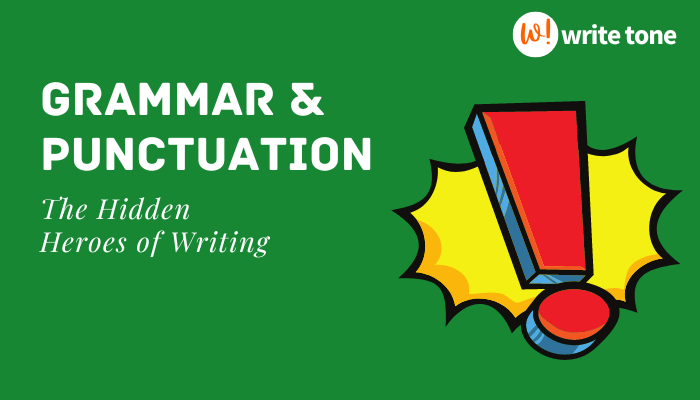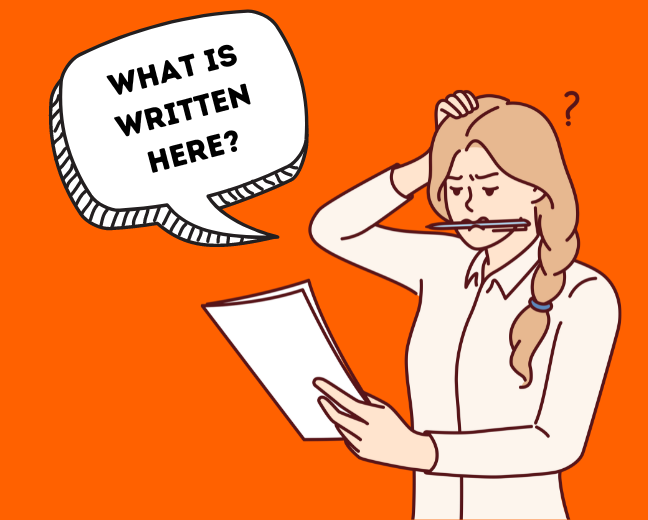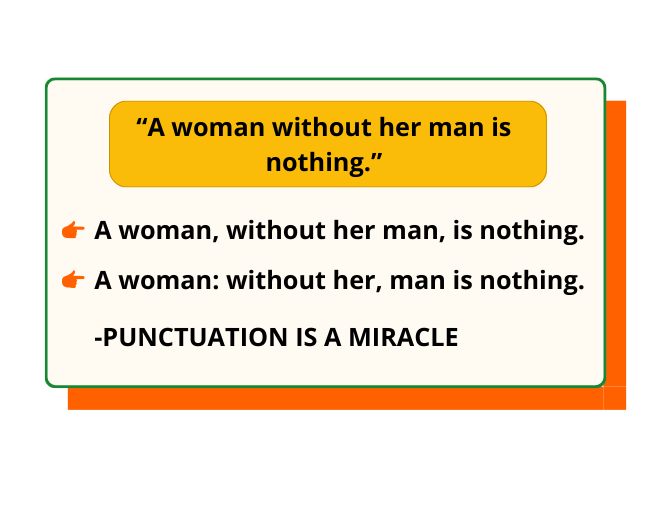Grammar and Punctuation: The Hidden Heroes of Writing

Have you ever had a text message or email conversation that left you scratching your head, wondering what the sender really meant? You're not alone. Written communication depends on grammar and punctuation to make meaning clear. But when those things are missing or used wrong, it can be hard to understand what someone is saying.

Grammar and punctuation are the foundation of good writing. They help to make your writing clear, concise, and easy to understand. When you use grammar and punctuation correctly, you are showing your readers that you have taken the time to craft your writing carefully.
Why Grammar and Punctuation Matter
Well,

Before we get into the nitty-gritty of grammar and
punctuation rules, let's take a minute to understand why they're so important in the
world of writing.
- Clarity:
- Credibility:
- Impact:
Proper grammar and punctuation help to ensure that your writing is clear and easy to understand. If you use incorrect punctuation or verb tenses, you can confuse your readers and make it difficult for them to follow your argument.
When you write correctly, you project a professional image and build trust with your readers. If your writing is riddled with errors, it can make you seem incompetent or unprofessional.
Well-written sentences with correct grammar and punctuation have a greater impact on your audience. They're easier to read and understand, and they help to keep your readers engaged.
Now, let's dive into some fundamental grammar and punctuation rules. There are many rules of grammar and punctuation, but some of the most important ones include:.
Grammar Rules
- Subject-Verb Agreement:
- Subject-Verb Agreement:
- Tense Consistency:
- Sentence Structure:
Make sure the subject and verb in a sentence agree in number.
Example:
Correct: She writes exceptionally well.
Incorrect: She write exceptionally well.
Use pronouns correctly to avoid ambiguity.
Example:
Correct: He wants his book back.
Incorrect: Him wants he's book back.
Keep your verbs in the same tense throughout your writing. Don't switch between past, present, and future tense unnecessarily.
Write clear and varied sentences. Avoid run-on sentences and sentence fragments.
Punctuation Rules
- Commas:
- Separate items in a list.
- Set off introductory phrases.
- Clarify sentence structure.
- Periods:
- Semicolons:
- Apostrophes:
Commas are used to:
Use periods to end declarative sentences and abbreviations. Avoid using too many periods, as this can make your writing choppy.
Semicolons are used to join two closely related independent clauses. They help create a smoother flow between sentences.
Apostrophes are used to indicate possession and contraction. Make sure not to confuse both. Possession Example: The children's toys (This means the toys belong to multiple children).
Contraction Example: “I’m” a contraction of "I am" (e.g., I'm going to the store).
Besides learning the rules of grammar and punctuation, it's also important to develop a good sense of style. This means using the right words and phrases to express your ideas clearly and effectively. It also means using the right tone for your writing.
The tone of your writing should match your audience and purpose. For example, if you're writing a formal essay, you'll want to use a more formal tone than if you're writing a personal blog post.
Write Tone is an
AI-powered writing tool that can help you with tone, grammar, and punctuation. It
can help you to:
- Choose the right words and phrases.
- Set the right tone for your writing.
- Identify and correct grammar and punctuation errors.

Improving your grammar and punctuation
- Learn the Basics:
- Proofread and edit your work carefully:
- Ask for feedback from friends, colleagues, or writing groups:
Study grammar and punctuation rules, and practice using them. There are many resources available online, in books, and in writing guides.
Look for errors such as subject-verb agreement, inconsistent verb tense, comma splices, run-on sentences, and improper use of apostrophes.
Another person can often catch mistakes you missed. You can also hire a professional editor to help you improve your writing.
Conclusion
In conclusion, mastering the art of grammar and punctuation is essential for becoming a proficient writer. These rules serve as the foundation for clear and credible communication. Additionally, tools like "Write Tone" can be invaluable in ensuring your writing not only adheres to grammatical and punctuation guidelines but also strikes the right tone to connect with your audience effectively. So, remember, whether you're crafting a business email, a research paper, or a personal blog, honing your writing skills, and utilizing AI-powered tools like Write Tone can significantly enhance your writing process.